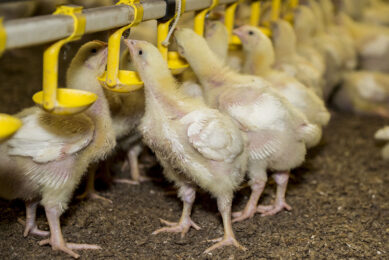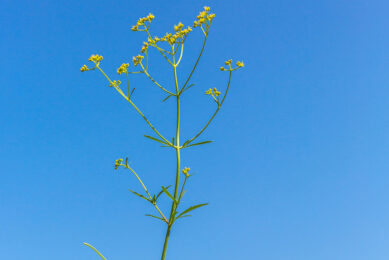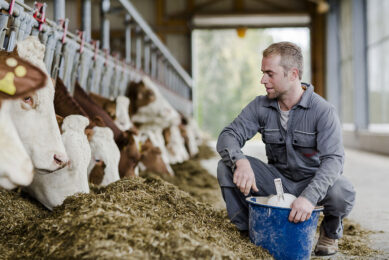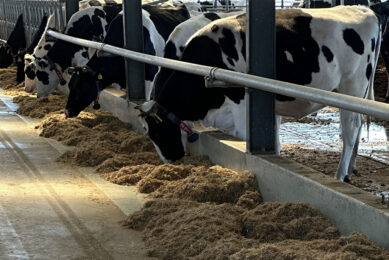Research: New varieties of heat-tolerant poultry breeds needed
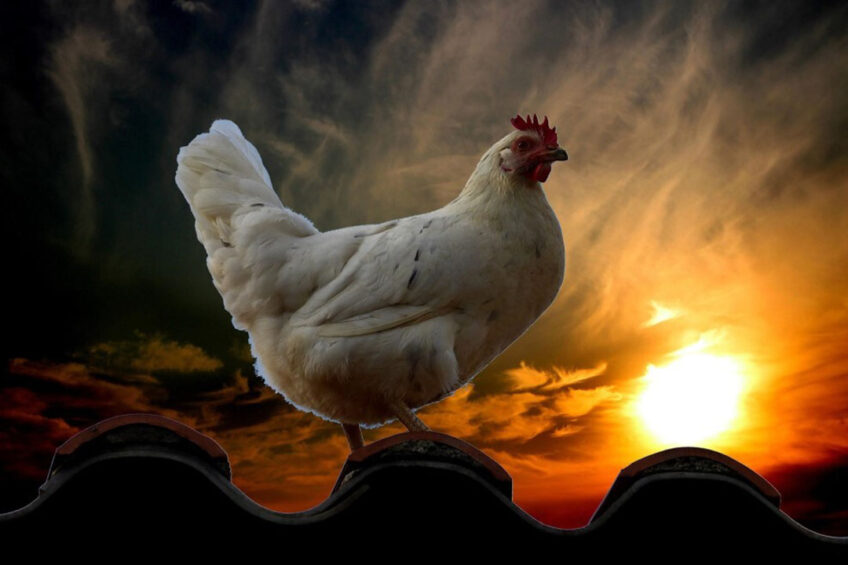
Heat-tolerant poultry breeds need to be developed as part of the sector’s adaptation to hotter temperatures due to the changing climate.
Although farmers have introduced mitigation strategies such as ventilation and cooling systems, adjusting nutrition to help lower the body’s metabolic heat output, more must be done to study the extent of the resilience of native birds to the effects of climate change.
The study, ‘Impact of Heat Stress on Chicken Performance Welfare and Probable Mitigation Strategies’, reviewed research papers of different authors and found that heat stress reduces feed efficiency, body weight, feed intake and egg production, and increases mortality rates.
Performance and health of poultry
With birds only able to tolerate a narrow range of temperatures during heat stress, the review, led by Abdul Rahman Sesay of the Department of Animal Science, Njala, Sierra Leone, looked at the effect of heat stress on the performance and health of birds and the interaction of heat stress with coccidiosis and necrotic enteritis.
Sesay also carried out desk research into the stress response by chickens due to heat and the effect of heat stress on the nutrition and physiology of the birds, looking at commercial and native breeds.
Various physiological changes
He concluded that heat stress is responsible for many physiological changes, including oxidative stress, acid-based imbalance and suppressed immunocompetence. These changes contribute to an increase in mortality and a reduction in feed efficiency, body weight, feed intake and egg production. Heat stress also has an impact on the quality of meat and eggs.
Rural poultry, he said, may have a higher level of heat tolerance than commercial breeds, but the extent of their tolerance threshold to temperature variation is unknown and requires urgent attention.
Breeding projects to improve the climate resilience of native birds should also be promoted, he added: “It is necessary to develop new varieties of chicken, especially heat-tolerant breed lines, in response to climate change and the diverse need of the farmers and consumers.”
“Finally, a well-planned and carried-out adaptation response system for the poultry industry will raise enough awareness and adaption to extreme climate circumstances,” he noted.
*The study has been published in the International Journal of Environment and Climate Change (October 2022) – Impact of Heat Stress on Chicken Performance, Welfare, and Probable Mitigation Strategies




